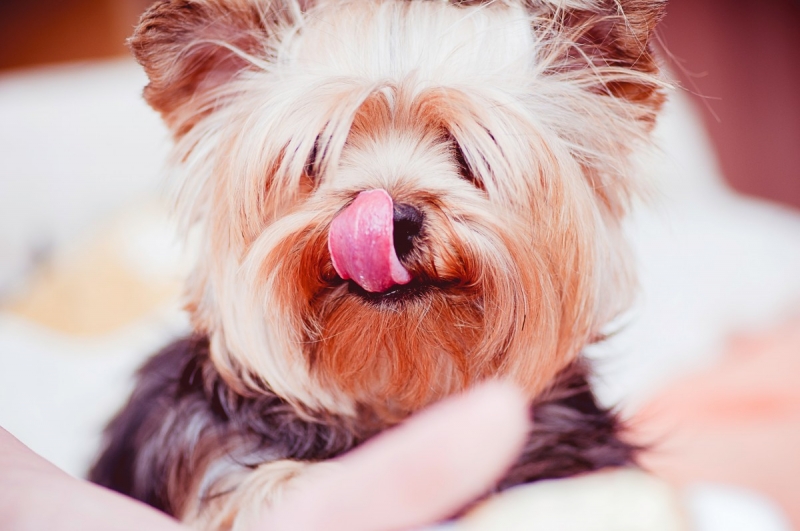Preparing for your vet visit
Vets have seen it all. Dogs knocking over display stands, cats meowing and hissing, and genuinely terrified animals who aren’t sure where they are or why they’re there. A vet visit can be daunting for any owner and pet, but it can also be positive too.
To make sure your trip to the vet goes as smoothly as possible, you need to make sure you lay the groundwork. All your pet knows is that whenever you bring out a particular item, such as a cat cage, it can only mean one thing: a stranger is going to poke and prod them. Once they know that, they may begin to display behaviour that makes your trip to the vet less than ideal.
Some owners, knowing how hard it’s going to be, even delay their vet visits until they can’t wait any longer.
It’s crucial to remember that vets understand and know that not all animals are going to enjoy a trip to the clinic. That’s why they recommend the following.
KEEP CALM
It can be stressful and maybe a struggle for any pet owner to handle the emotions and reactions of an anxious or aggressive pet. It’s important to stay calm – both for yourself and your pet. Remember, your pet is not the first or last to be anxious in a vet clinic.
All veterinary staff are trained on how to handle nervous pets, and have systems and procedures in place to do their job with minimal impact on the animal.
BE AWARE OF SIGNS
It’s important to be aware of aggression, anxiety, and nerves that your pets are showing so you can act accordingly. Some dogs will lick their lips, groom themselves aggressively and even begin yawning. Such behaviour can indicate fear or anxiety. When you spot these signs, try to sit in an area of the clinic which is quiet and relaxing.
LAY GROUNDWORK
Try to change any disagreeable association your pet may have with a vet or a particular item. For example, some cats see a cat cage and run away. Why not turn that cat cage into a bed that’s open all day, every day? It’s now somewhere safe, as opposed to something that only comes out during a vet visit.
COMMUNICATE
Communication with your vet, the vet receptionist, and when you make your appointment is essential. Let the vet team know that your dog, cat, or other animal is uncomfortable. Your vet can then take extra precautions or offer additional support. What’s more, if your pet has a favourite vet, someone they tend to feel safe with, then book an appointment with that particular vet.
Whether your pet needs veterinary treatment, vaccinations, or a check-up, it’s important not to delay it because you’re worried about their reaction. Instead, talk to your vet and find out what they can offer in the way of support and advice. A positive experience at the vet is entirely possible for both you and your pets.

